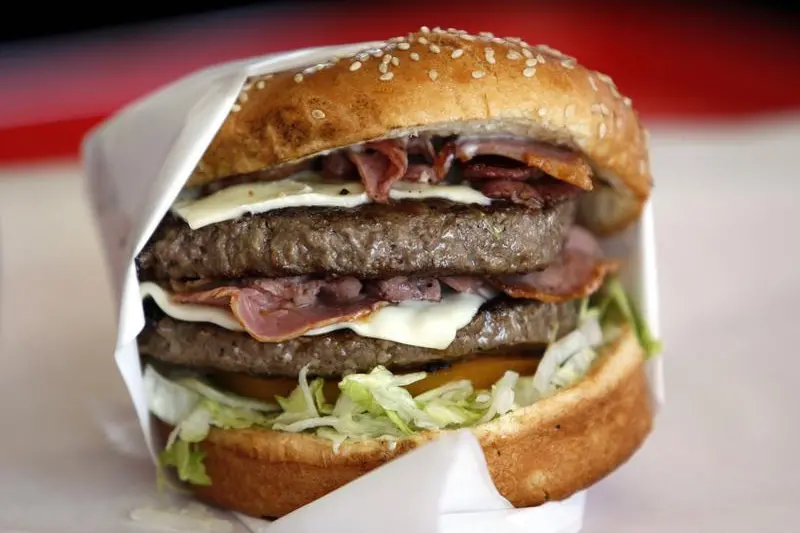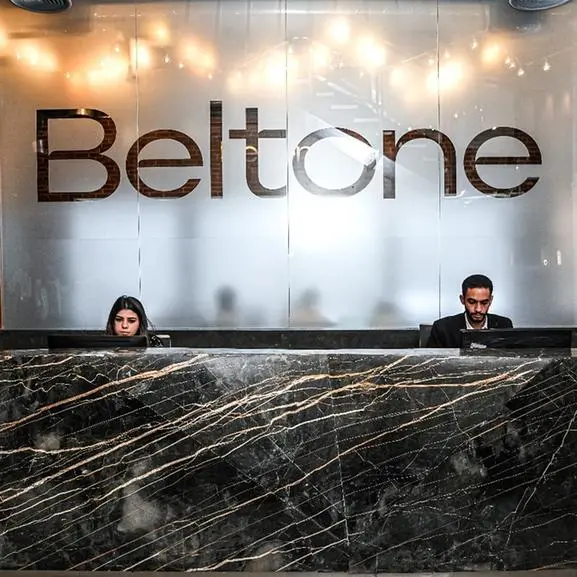PHOTO
Spending by residents on the food and beverage (F&B) will increase over the next five years, mainly due to increase in consumer base and growth in the income, according to industry analysts.
Analysts believe that the impact of the VAT will be limited but impact on juices and carbonated drinks within beverage industry could be felt a bit more.
"The food and beverage sector in the UAE will see a healthy growth supported by the growing consumer base, rising income and increasing average spending per individual over the next 5 years. The average consumption rate by an UAE resident is around 900kg of food annually while the average spends on eating out per person is estimated at Dh120," said MR Raghu, managing director of Marmore Mena Intelligence.
The UAE food and beverage industry is expected to reach close to $13 billion (Dh47.7 billion) by 2018-end while the market size of Quick Service Restaurants (QSR) is expected to be over $4 billion (Dh14.7 billion) by 2018, according to Marmore estimates.
Sheikh Hamdan bin Rashid Al Maktoum, Deputy Ruler of Dubai and UAE's Minister of Finance, on Sunday opened the Gulfood exhibition at Dubai World Trade Centre (DWTC), which saw participation of more than 5,000 companies and 120 country pavilions.
"The F&B sector is ripe for disrupting with the emergence of new technology and the rise in a younger population driving that adoption," said Trixie LohMirmand, senior vice-president, exhibitions and events management, DWTC.
According to Mena Research Partners estimates, the F&B market in the GCC will grow at 7.1 per cent annually to reach $196 billion (Dh719.3 billion) by 2021 from $130 billion (Dh477.1 billion) now. Saudi Arabia will account for more than half of this spending followed by UAE at 31 per cent.
According to Raghu, the major factors that will drive the UAE industry growth are surging demand for fast food especially among youths, popularity of online ordering platforms and expanding tourist base that will create demand for more outlets with diverse cuisine.
Anthony Hobeika, chief executive at Mena Research Partners, said the surge in F&B market is driven by the growth in disposable income, shifting from dining-in to dining-out and a trading up in the dining-out habits and preferences. Moreover, higher health awareness, as a result of a prevalence of chronic diseases, has led to a growing demand for healthy foods and allergen-free products.
Despite tough competition in the UAE's F&B market, according to Anurag Bajpai, partner and head of retail at KPMG Lower Gulf, medium-term outlook is strong - thanks to Expo 2020 as well as other global events in the region are likely to provide reasons for cheer as the emirates continues to evolve as a tourist destination.
The UAE, KPMG said, has established itself as a dominant F&B destination in the Middle East, especially Dubai, as it continues to attract international and home-grown F&B brands.
According to KPMG, the restaurant footprint of UAE, in particular Dubai - measured as number of restaurants/F&B outlets per million population - compares well with some of the established global F&B markets such as Paris, London and New York. But if overnight visitors are considered, then Dubai has more outlets per million than New York, underlining Dubai's positioning as a global F&B destination.
VAT's impact on juices, carbonates
MR Raghu foresees that the overall impact of VAT will be limited but juice and carbonates categories within the UAE beverage industry in UAE bottled water are expected to be hit the most with the introduction of value-added tax (VAT) as they are much more price sensitive.
"The VAT effect is likely to offset the growth of dairy products by $280 million during 2018-2023, representing approximately 19.5 per cent of the market size of $1.45 billion expected in 2018. Similarly, revenue from beverages including juices, carbonates and bottled water is likely to come down by $300 million after adjusting for VAT," he said.
While high rents for retail space and implementation of VAT will be the key hurdles and two possible hurdles that could slow down the industry.
"We believe (the impact of VAT) is going to be marginal. It is more likely to impact the consumption of certain product categories especially those that have high price elasticity of demand. However, most food items have inelastic demand, as in the demand would still be robust despite price raises."
Copyright © 2018 Khaleej Times. All Rights Reserved. Provided by SyndiGate Media Inc. (Syndigate.info).





















